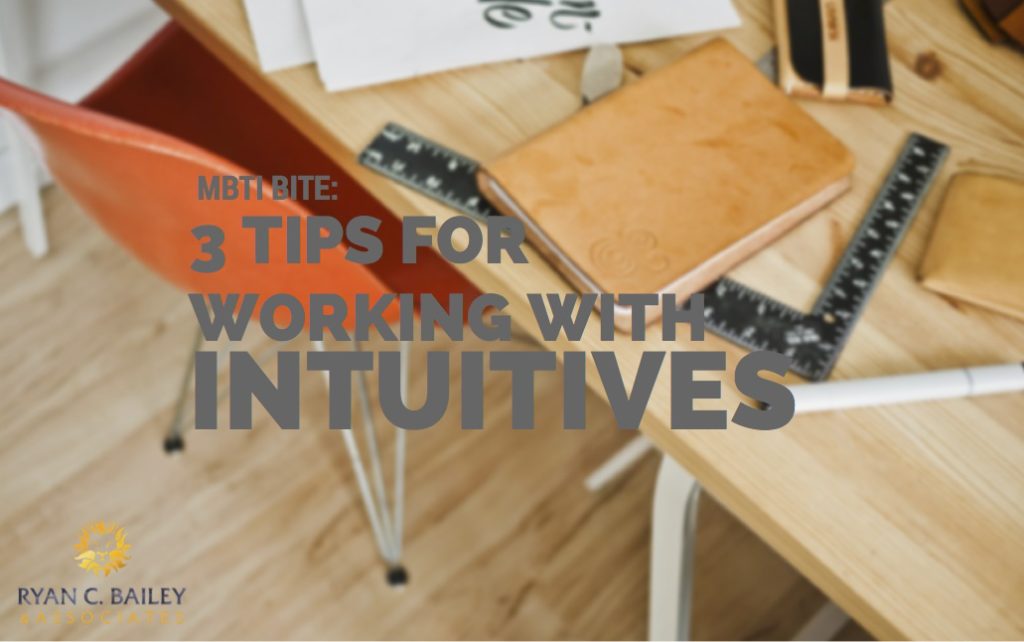 Last week, we began the discussion on how to recover from major career setbacks. In some capacity, we each have been impacted by these setbacks. But we often stay stuck in bitterness, shame or disappointment without fully recovering from it. We explored 5 ways to recover from setbacks last week, and today we are going to continue the conversation with 5 more:
6. What Good Can Come From How It Actually Played Out.
Last week, we began the discussion on how to recover from major career setbacks. In some capacity, we each have been impacted by these setbacks. But we often stay stuck in bitterness, shame or disappointment without fully recovering from it. We explored 5 ways to recover from setbacks last week, and today we are going to continue the conversation with 5 more:
6. What Good Can Come From How It Actually Played Out.
Turn to what actually happened. Think through it. What good could come from what actually happened? Yes you can borrow from number five above (see previous post).
Once again, go for a big long list till you feel hope.
7. How Can You Win From Here?
Now that you are in a better place having completed step 6, it is time to capture what you learned and to create a plan to help fix the setback and continue your growth.
You want to design a plan around how you can win from here. Typically that would include making amends and protecting the future from a repeat of the current mistakes.
8. What Base Hit Can You Make To Start Moving In The Right Direction?
Don't even try to go for hitting a home run right away. You will build confidence, repair your view of yourself, and encourage others by making consistent base hits.
Daily consistency is key here.
Small daily steps motivate more than the home run at this stage.
9. Forgive Self.
If you have not fully recovered from a setback, then you have not fully forgiven yourself. You may have forgiven yourself for part of what happened, but not all of it.
In order to forgive someone fully, including yourself, your first step is to make a list of the obvious things you need to forgive, but then you also need to make a list of the not-so-obvious things as well.
For example, say you lost your cool in a meeting with your direct report. You will need to forgive yourself for the outburst, but there may be a need to forgive yourself for something deeper, like a belief that you have created a fear in your direct report that they will never recover from.
You need to forgive yourself for all of it, whether it is true or not. (Stay tuned for a blog post on how to forgive yourself.)
10. You Are Not Your Setback.
Too many times when we have a setback we start seeing ourselves through the setback. We seem to forget all of the good that is in us, and we just focus on the bad.
A way not to define yourself according to your setbacks is to remind yourself of your core values. Where does your worth come from?
Is the source of your worth greater than the nature of your setback? If not, from what can you derive self-worth that will be greater than your setback?
It would be a crime to waste time by not recovering from a setback.
You have so much to offer the rest of us.
We need all of us working together with the best of what we have. Don’t let yourself be robbed of a quality life because of a setback.
Life is way too short to get stuck.
Chew On This:
- What would life be like if you fully overcame your setbacks?
Ryan C. Bailey is an Executive Coach who helps leaders develop in-demand high performing teams.






